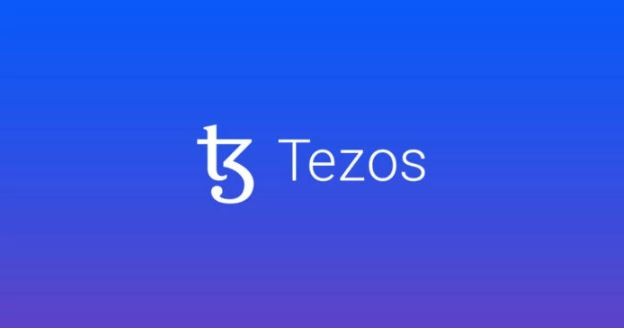Key highlights:
- This move could lead to increased adoption and usage of Tezos by Google Cloud and more collaborations between Google and other blockchain projects.
- However, some in the blockchain community are concerned about the potential centralization of power that could come with a large and influential company like Google becoming a validator and the risk of manipulation.
- Nonetheless, Google’s involvement in Tezos is a positive development for the blockchain world, as it demonstrates that significant companies are taking blockchain technology seriously and investing in its growth.
Tezos, a blockchain platform, has been making headlines recently because Google has become one of the validators of its network. This is a significant development for Tezos, as it adds to the credibility and legitimacy of the platform. This may seem like a small piece of news, but it has some significant implications for the future of Tezos and the broader blockchain community.

Tezos is a decentralized, open-source blockchain network that allows developers to create smart contracts and decentralized applications (dApps). It’s often compared to Ethereum, another popular blockchain platform, but Tezos has some unique features that set it apart. What sets Tezos apart, however, is its unique approach to governance. Tezos uses a “self-amending” system where token holders can vote on changes to the protocol.
Google Cloud Becomes a Validator for Tezos
It was recently announced that Google Cloud is becoming a “baker” for Tezos, meaning it will validate transactions on the Tezos blockchain. This is significant because it adds a well-respected tech giant to the list of entities supporting Tezos, which could lead to increased adoption and usage of the platform. This is a big deal, as it means that Google is now directly involved in functioning a powerful blockchain platform.
Implications of Google’s Involvement in Tezos
But why would Google want to become a validator for Tezos? There are a few possible reasons. For one, Google has been exploring blockchain technology for some time now, and becoming a validator for Tezos could be a way for the company to understand better how blockchains work in practice. Additionally, by becoming a validator, Google is now part of a network of entities collectively responsible for maintaining the security and integrity of the Tezos blockchain.
This is a way for Google to contribute to the broader blockchain community and help ensure that the technology continues to grow and evolve. If other tech giants follow suit, it could be a significant boost for the blockchain industry as a whole. Google’s involvement in Tezos could lead to more collaborations between the tech giant and other blockchain projects, further bridging the gap between these industries.

Google Cloud collaborates with Theta, Flow, Solana, Ronin, Aptos, BNB Smart Chain, Coinbase, NEAR Protocol, and Ethereum blockchains. It is clear that Google, which has established its own digital assets team, aims to play a more significant role in the Web3 world. Amazon AWS, one of the major competitors in the industry, also announced its collaboration with the Avalanche blockchain last month.
Potential Downsides to Google’s Involvement in Tezos
Of course, there are also some potential downsides to Google’s involvement in Tezos. Some people in the blockchain community may be concerned about the centralization of power that could come with a large and influential company like Google becoming a validator. Additionally, there is always the risk that Google could use its position as a validator to manipulate the Tezos blockchain somehow. However, it’s worth noting that doing so would likely be highly unethical and could damage Google’s reputation in the blockchain community.
The fact that Google has become a validator for Tezos is a positive development for the blockchain world. It shows that major companies are starting to take blockchain technology seriously and are willing to invest time and resources into understanding and contributing to its growth.
















